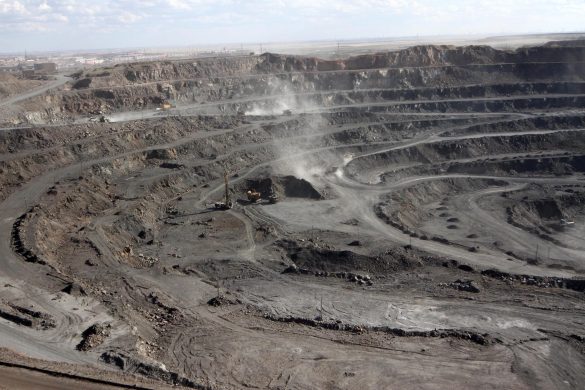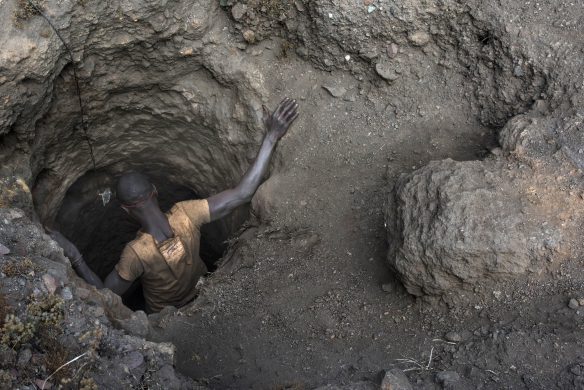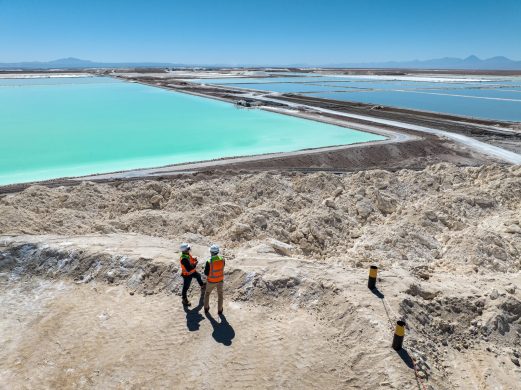GENEVA, 17 September 2015 (UNISDR): The head of the UN Office for Disaster Risk Reduction (UNISDR), Margareta Wahlström, today congratulated the Chilean government on its successful efforts to reduce disaster risk and minimise the number of casualties from the 8.3 magnitude earthquake and tsunami which occurred last night.
Ms. Wahlström said:
“Chile’s investment in resilient infrastructure, early warning systems and urban planning have ensured that casualties have been low on this occasion despite the intensity of the earthquake.
“Early warnings have been very effective in saving lives and the country’s mechanism for ensuring compliance with building codes has also paid dividends. The evacuation of one million people ensured that there was no repetition of the loss of life which happened five years ago when 523 people died.”
“The fact that one million people had to be evacuated to escape the threat of high waves and coastal flooding is further evidence that the world is seeing a huge surge in exposure to natural hazards as more and more people live in coastal areas and river basins exposed to tsunamis and storms. Rising sea levels and warming oceans are a major threat which the built environment must take account of.”
Chile is among the many disaster prone countries that played a key role in formulating the Sendai Framework for Disaster Risk Reduction, a global plan for reducing disaster losses, adopted earlier this year at a UN World Conference. It emphasises the importance of early warning systems.
Læs mere om UN Office for Disaster Risk Reduction (UNISDR): http://www.unisdr.org/















